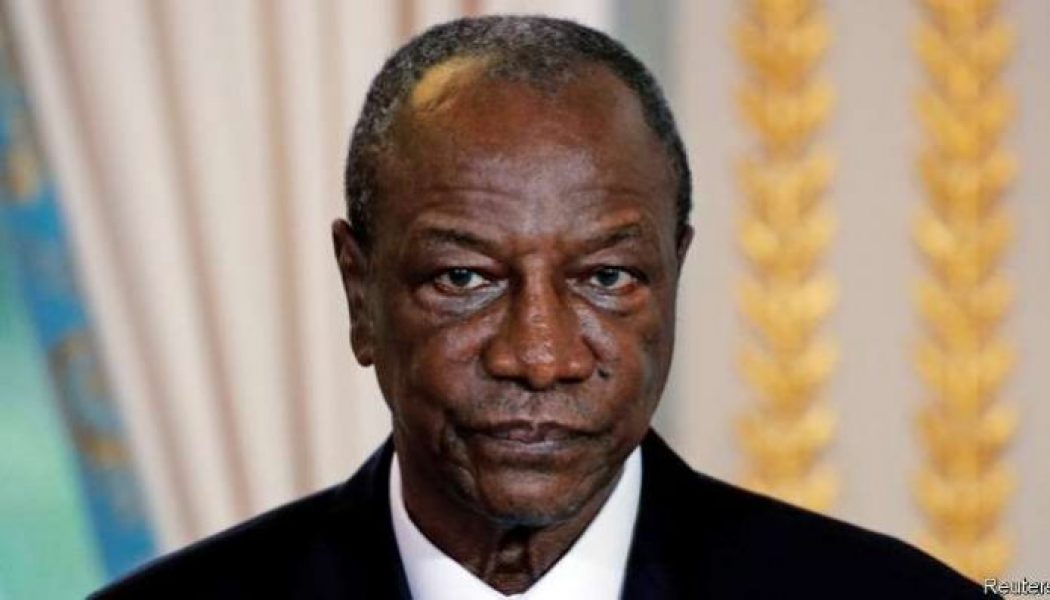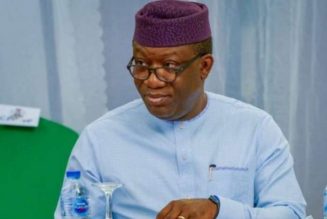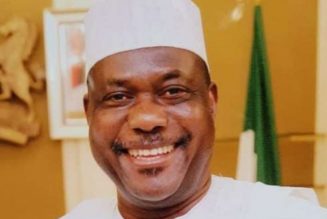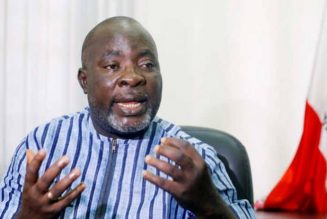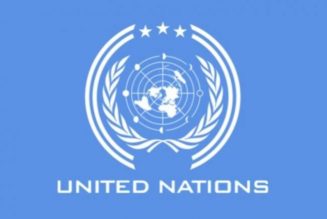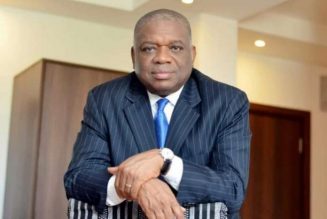
Guinea’s Constitutional Court on Saturday declared incumbent Alpha Conde had been re-elected for a controversial third term as president at the age of 82, while his main opponent called for resistance “by all legal means”.
With 59.5 percent of the votes cast, Conde’s support was above the absolute majority needed to win in the first round, judges found, throwing out challenges to the October 18 ballot from figures including his main opponent Cellou Dalein Diallo.
The official count from the Ceni national election commission gave Diallo 33.5 percent.
But the 68-year-old insists that data his activists gathered at polling stations shows he won the vote and is the victim of fraud.
While observers from other African countries have backed the official results, France, the European Union and United States have cast doubt on them.
“I won this election thanks to your trust and I invited you to defend your votes by all legal means,” Diallo said in a news conference in comments addressed to his supporters.
He accused judges of “putting themselves at the service of a man and his ambitions, rather than upholding their oath”.
Security forces had surrounded the opposition leader’s home with riot vehicles as the ruling was read out, and Diallo spoke elsewhere in the Conakry suburbs although the cordon was later lifted.
There is no way for Conde’s opponents to appeal the constitutional court decision, leaving the path clear for the president to begin a new six-year term — with the option for a second under a new constitution introduced in March.
– Deadly violence around vote –
Even before the election, the incumbent’s announcement that he would stand again triggered months of demonstrations and violence claiming dozens of lives, almost all of them civilians.
Conde had said in March that the new constitution was designed to “modernise” the country’s institutions and offer a greater role for groups like women and the young.
But the text fits into a growing trend for African leaders to resort to legal manoeuvres to cling on to power, and opposition leaders called its adoption a “coup d’Etat”.
Clashes between security forces and Diallo supporters in the wake of the election have again proved deadly, with the opposition saying 46 people have been killed in a “wave of terror” while the government puts the toll at 21, including some gendarmes.
Diallo’s UFDG party has published a list of names of the dead, including photographs of their corpses, matching its higher count, which comes on top of 90 people it says had already been killed since October last year.
Amnesty International has accused Guinean security forces of firing live rounds at protesters in the post-election unrest.
Nevertheless, the opposition has said it will keep up the pressure on Conde with protests.
– President for life? –
Although it harbours rich mineral and water resources, Guinea is one of the poorest countries in the world and has seen frequent bouts of political violence.
Its politics are mainly drawn along ethnic lines: the president’s base is among the ethnic Malinke community while Diallo has strong backing among the Fulani people.
A former opposition leader who suffered imprisonment and was even sentenced to death, Conde became Guinea’s first democratically-elected leader in 2010 and won re-election in 2015, but he has been accused of drifting into authoritarianism.
He said last month that presidents being limited to two terms should not be a “dogma”, but rejected accusations that he wanted to set up a “lifetime presidency”.
Diallo, a former prime minister, has unsuccessfully challenged Conde in each election the president has contested.
